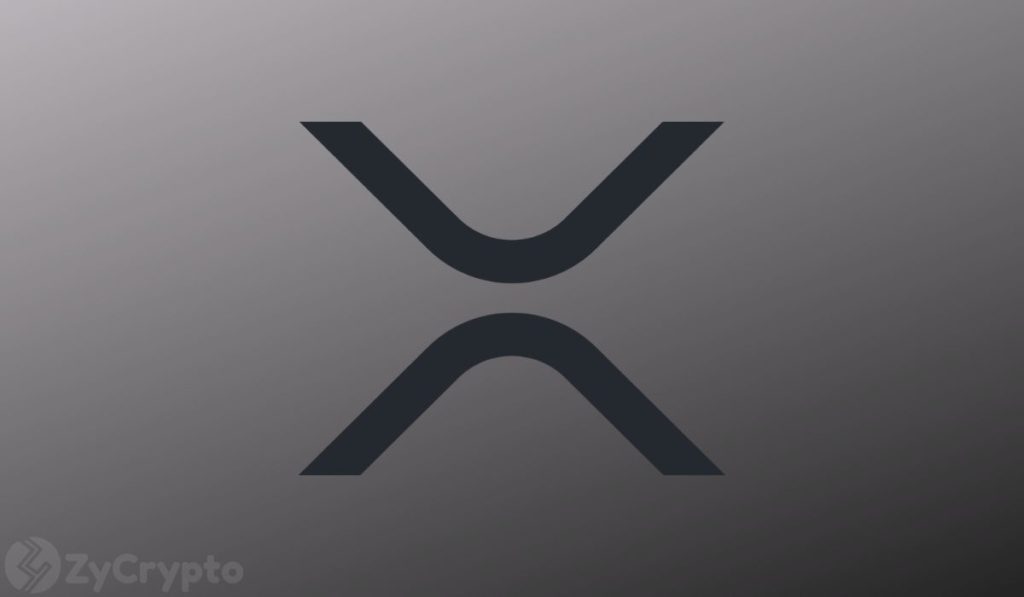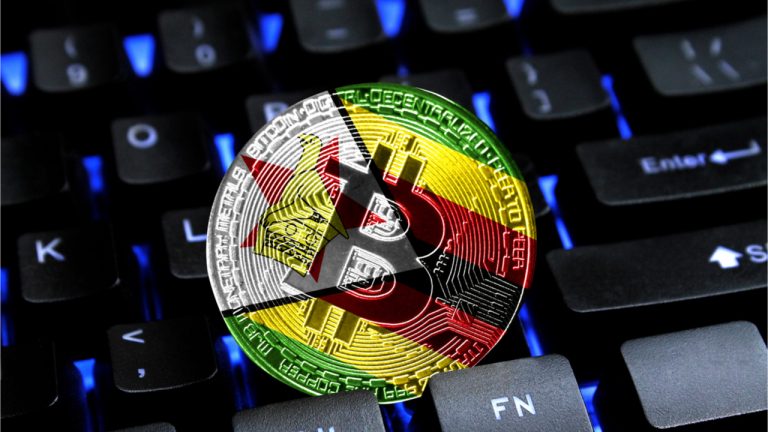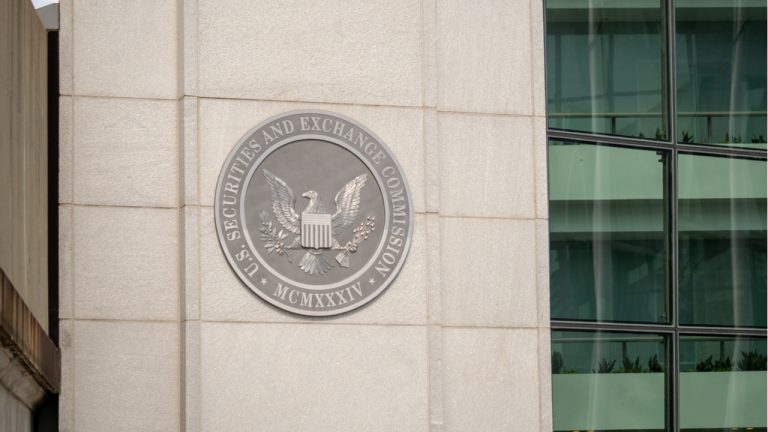2023-7-16 16:05 |
On June 5, 2023, the SEC filed an extensive civil complaint against Binance Holdings Limited, its assorted affiliates, and its beneficial owner and CEO, Changpeng Zhao, alleging multiple violations of the Securities Act of 1933 and the Securities Exchange Act of 1934.
The SEC and CryptoFor years, the SEC has clarified that crypto enforcement is among its highest priorities. In 2022, the SEC brought a total of 30 cryptocurrency-related enforcement actions, up 50% from 2021. And, through the first half of 2023, the SEC is on pace for more than a 25% increase from last year’s numbers. Gary Gensler, SEC Chair, bluntly stated his concern with the crypto industry in a recent Wall Street Journal interview:
“I’ve seen some non-compliance from time to time in traditional finance, but I’ve never seen a whole field so built upon non-compliance with law, and frankly speaking, that’s what a lot of the [cryptocurrency] business model is.”
The Binance lawsuit illustrates how the SEC will litigate such alleged wholesale non-compliance taking a utilitarian approach to the crypto industry, essentially overlaying the functions and participants in the traditional securities industry against their counterparts in crypto.
inance Holdings Limited, the lead defendant, is a Cayman Islands-based limited liability company that operates the binance.com platform – an international crypto asset-trading platform serving customers in more than 100 countries.
Binance operated through a web of subordinate or affiliated entities, in multiple jurisdictions, all tied to Zhao as their beneficial owner. As the Complaint sets forth, Zhao “has been dismissive of ‘traditional mentalities’ about corporate formalities and their attendant regulatory requirements,” stating: “Wherever I sit is the Binance office. Wherever I meet somebody is going to be the Binance office.”
In the United States, professionals participating in the securities market are subject to significant regulatory oversight by the SEC. For instance, brokers (those who buy or sell securities on behalf of others) and dealers (those who buy or sell securities for their account) must register with the SEC. Any organization or group of individuals who provide a marketplace for bringing together buyers and sellers of securities constitutes an “exchange” under the Exchange Act, is required to register with the SEC.
Unless there is an applicable exemption, any company offering its securities for sale must file a registration statement with SEC making significant disclosures about the company and its securities. Furthermore, any person who acts as an intermediary in exchanging payment for a security constitutes a “clearing agency” also required to register with the SEC (subject again to available exemptions). Finally, “broker-dealers” are “financial institutions” subject to the Bank Secrecy Act (“BSA”), which the SEC is statutorily authorized to enforce.
The ComplaintAs the Complaint alleges, Binance was aware of all of this. In a chat exchange with a Binance employee, its chief compliance officer (“CCO”) stated: “If US users get on .com [w]e become subjected to the following US regulators, FinCEN OFAC and SEC.” To avoid regulation, Binance engaged in an extensive scheme to conceal its United States customer base, thereby breaking numerous laws. In the words of the Binance CCO: “we are operating as a fking unlicensed securities exchange in the USA bro.”
The heart of Binance’s alleged efforts to evade US regulations was manipulating its KYC processes. Binance made numerous public statements disavowing any US-based activity and touting restrictions against U.S.-based activity “while privately encouraging U.S. customers to bypass these restrictions through the ‘strategic treatment’ of virtual private networks (“VPNs”) that would disguise their locations and thereby ‘minimize the economic impact’ of Binance’s public proclamations that it was prohibiting U.S. investors on the platform.”
To allegedly disguise its U.S. presence, Binance encouraged its customers to circumvent Binance’s geographic blocking of U.S.-based IP addresses by using a VPN service to conceal their location. It also encouraged certain “VIP” U.S.-based customers to circumvent Binance’s KYC restrictions by submitting updated KYC information that omitted any United States nexus. Additionally, through August 2021, Binance did not require all its customers to submit KYC documents.
The ClaimsBinance is facing eleven claims for various violations of the Exchange Act. Those counts include engaging in the unlawful sale of securities; acting as an unregistered exchange, broker-dealer, and clearing agency; controlling person liability against Zhou; and securities fraud.
Interestingly, the SEC brings the securities fraud claim under Section 17(a)(2) of the Securities Act rather than Section 10(b) of the Exchange Act and Rule 10b-5 thereunder. Securities fraud is typically civilly enforced under Rule 10b-5, but in recent years the SEC has begun to assert more claims under 17(a)(2). The elements of Rule 10 b-5 and Section 17(a)(2) are similar in that they each require an untrue statement or omission of material fact. In this case, the claim centers on Binance’s statements concerning its KYC program and its avoidance of the United States markets.
The key distinction between Section 17(a)(2) and Rule 10(b) is that Section 17(a)(2) does not require scienter and can be established if the defendant acted negligently. In contrast, a civil violation of Rule 10b-5 requires a scienter, so the defendant must have acted recklessly. Proceeding under Section 17(a)(2) against Binance indicates the SEC may be more eager to pursue those cases under 17(a)(2) to take advantage of the lack of required scienter.
On the minds of many interested in SEC enforcement actions is the Supreme Court’s recent announcement that it will address the precedent set by the Court’s 1984 case Chevron U.S.A., Inc. v. NRDC, 467 U.S. 837 (1984) next term. The precedent Chevron set, widely referenced as Chevron deference, gives federal agencies the authority to interpret vague statutes and carry them out as they seem reasonable.
While unlikely to undermine the SEC’s classification of almost all cryptocurrencies as securities, which is based on the SEC’s interpretation of the Howie test – derived from Supreme Court precedent, not statute – elimination of the Chevron doctrine could certainly impact the SEC’s rulemaking authority in the crypto space, setting the table for future litigation.
The post Op-ed: SEC’s lawsuit against Binance demonstrates scope of its crypto enforcement efforts appeared first on CryptoSlate.
origin »Bitcoin price in Telegram @btc_price_every_hour
Achain (ACT) íà Currencies.ru
|
|

















